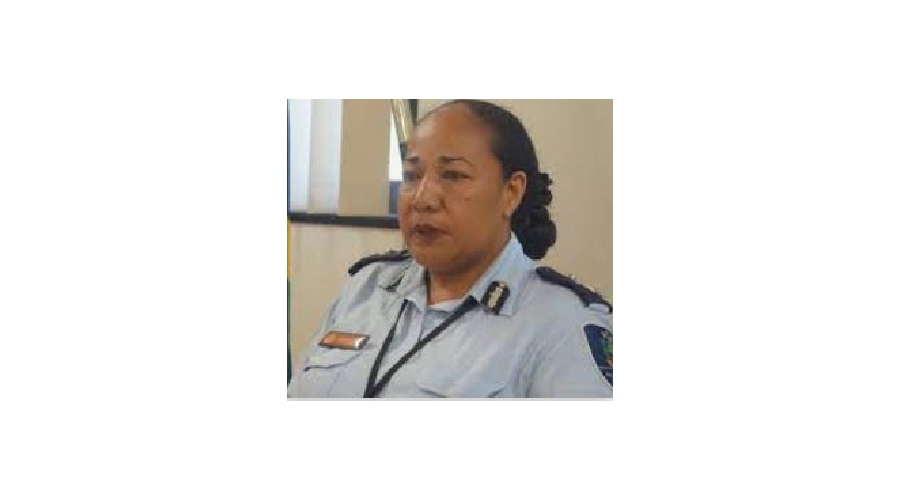Community policing was a policy initiative I first introduced in the Solomon Islands in 1997 on taking up my role of Commissioner of the then Solomon Islands Police (SIP) and, apart from the period when the nation experienced the tragic civil conflict, known locally as the “Tensions,” effectively from mid 1999 till the arrival of the Regional Assistance Mission, or RAMSI, for short, in 2003, community policing was radically curtailed.
A key figure in overseeing the return of community policing since 2003 has been the now Deputy Commissioner of the Royal Solomon Islands Police Force (RSIPF) Ms. Juanita Matanga, OBE, QPM, and her role in community policing was most noteworthy and creditable when she addressed communities in the Western border areas at the height of the Covid-19 crisis and the risk of the spread of the pandemic from neighbouring Bougainville Island.
Last week. Ms. Matanga was speaking about the importance of creating Crime Prevention Committees as part of a Crime Prevention Strategy in conformity with broader community policing plans.
She was noted as having said there was a shortage of money to assist in the creation with Crime Prevention Committees and with the implementation of crime prevention programmes in different wards throughout the country.
This I see as very unfortunate because community policing must have the resources to continue, including the financial means in the police budget, because to put it simply, community policing is a philosophy that promotes organizational strategies in the community to combat potential situations that might create public safety issues. The foundational elements of community policing are community partnerships, problem-solving, and prevention.
In past months, I have read of several communities in the Solomon Islands having introduced byelaws to regulate against offences occurring within those communities and perhaps it is in those communities the RSIPF might best find working CPS partners.
I have to say, however, I am not at all clear how the byelaws were created and introduced, given that byelaws are local laws made by a local authority under an enabling power contained in a public general act or a local act requiring something to be done – or not done – in a specified area. They are accompanied by some sanction or penalty for their non-observance.
If validly made, byelaws have the force of law within the areas to which they apply. Generally byelaws are overseen by the relevant government department or confirming authority who has policy responsibility for the subject matter.
Yours sincerely
Frank Short



